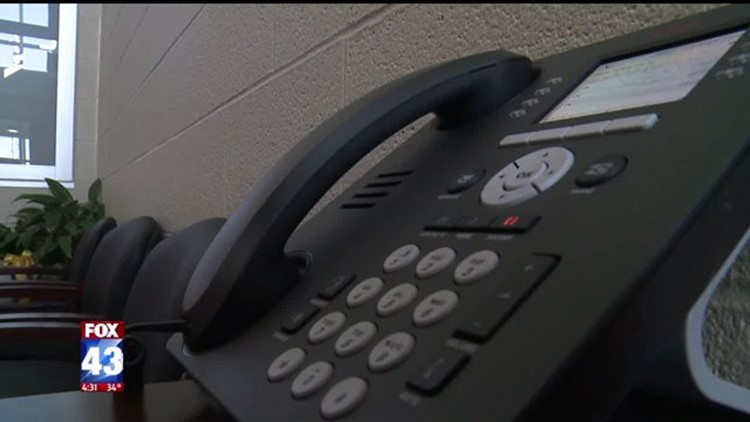HARRISBURG, Pa. — Dauphin County District Attorney Ed Marsico and Commissioners Jeff Haste, Mike Pries and George P. Hartwick, III are warning residents about a telephone scam in which a caller impersonates an Internal Revenue Service (IRS) agent and claims to be suing the taxpayer.
Last week, a Lower Paxton Township couple received two automated voicemails allegedly from the IRS. The message stated that the IRS was filing a lawsuit against the couple and offered a telephone number to call about their case. Realizing the calls were a scam, they immediately contacted local law enforcement.
“We are continuing to investigate this scam and will prosecute anyone attempting to steal money in this fashion,” said Marsico. “The scammers can sound convincing when they call, using fake names and bogus IRS identification badge numbers. They may know a lot about their targets, and can usually alter the caller ID to make it look like the IRS is calling.”
“If you receive a threatening call like this, or any suspicious call, please contact your local law enforcement agency to report it,” said Haste. “Do not give money or personal information out over the phone.”
“This aggressive and sophisticated phone scam targeting taxpayers has been reported throughout the country,” said Pries. “Victims are often told they owe money that must be paid promptly, threatened with a lawsuit or told they have a refund and must provide personal information over the phone.”
The IRS has issued several consumer warnings in recent months about the fraudulent use of the IRS name or logo by scam artists trying to gain access to consumers’ financial information in order to steal their identity and assets.
“Criminals, especially those looking to make a quick buck, may create elaborate schemes to take your money,’’ Hartwick said. “But if you know how to recognize scams and safeguard your personal information, you can avoid being a victim of theft.”
According to the IRS tax scam/consumer alert website, the IRS will never:
- Call or e-mail to demand immediate payment,
- Call about taxes owed without first having mailed a bill,
- Demand that taxes be paid without giving the opportunity to question or appeal the amount owed,
- Require a specific payment method for taxes owed,
- Ask for credit or debit card numbers over the phone, or
- Threaten arrest or police involvement.



